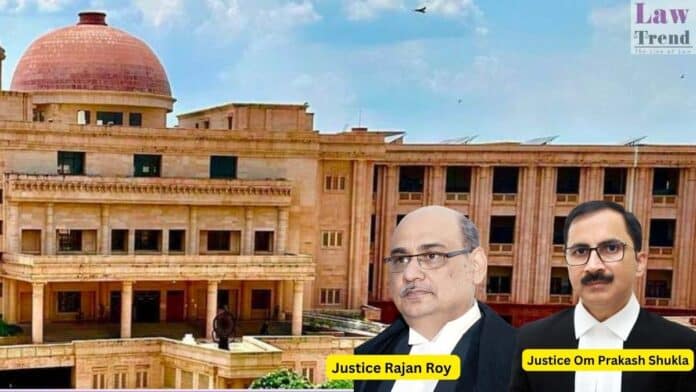In a landmark judgment, the Allahabad High Court, Lucknow Bench, reinforced the principle of gender equality by declaring that widowed daughters are entitled to compassionate appointments if dependent on their deceased parents. The Court ruled in favor of the petitioner, Punita Bhatt alias Punita Dhawan, and ordered Bharat Sanchar Nigam Limited (BSNL) to reconsider her
To Read More Please Subscribe to VIP Membership for Unlimited Access to All the Articles, Download Available Copies of Judgments/Order, Acess to Central/State Bare Acts, Advertisement Free Content, Access to More than 4000 Legal Drafts( Readymade Editable Formats of Suits, Petitions, Writs, Legal Notices, Divorce Petitions, 138 Notices, Bail Applications etc.) in Hindi and English.




